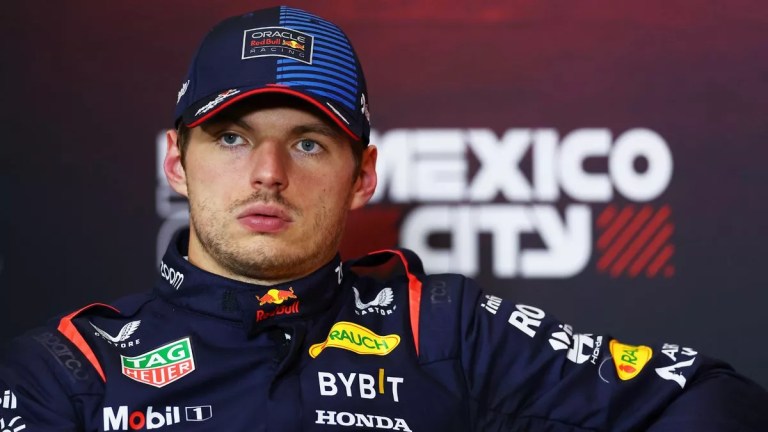Breaking news:Red Bull sent warning by billionaire Sergio Perez sponsor with Mexican….read more

Red Bull sent warning by billionaire Sergio Perez sponsor with Mexican….read more
In a recent statement, a key figure in the racing world refrained from definitively linking his future with Red Bull Racing. This uncertainty is particularly notable in light of the team’s increasing engagement with AT&T, a direct competitor in the telecommunications sector.
The context surrounding this decision involves a complex web of partnerships and strategic alignments that are shaping the future of both the team and its personnel. As Red Bull continues to expand its business interests, especially in technology and communication, questions arise regarding how these associations might influence existing and potential collaborations.
The individual expressed admiration for the team and acknowledged its competitive spirit and innovative approach. However, he emphasized the importance of maintaining an independent stance in light of evolving market dynamics and the potential conflicts that could arise from aligning too closely with a specific telecommunications brand.
The relationship between motorsport and telecommunications has become increasingly intertwined, with teams exploring various partnerships to enhance their operational capabilities and fan engagement. For Red Bull, partnering with AT&T represents a strategic move aimed at leveraging cutting-edge technology to improve race performance and fan interaction. This aligns with the broader trend within the industry, where technology plays a pivotal role in shaping the spectator experience and optimizing team strategies.
While acknowledging the benefits of such partnerships, the figure reiterated the need for careful consideration of any future commitments. The competitive nature of the industry means that alliances can often shift, and being tied too closely to one partner could limit opportunities for collaboration with others. As various telecom companies vie for a foothold in motorsports, maintaining flexibility is crucial.
Moreover, this hesitance reflects a broader trend among athletes and teams in various sports who are increasingly aware of the implications of their sponsorships and partnerships. The landscape is shifting, with athletes seeking to align themselves with brands that not only offer financial support but also share their values and vision for the future. The integration of technology into sports is also pushing teams to reconsider traditional associations, as they seek partners who can provide innovative solutions rather than just monetary backing.
As the conversation around future associations continues, it’s clear that both the team and the individual involved are weighing their options carefully. The stakes are high, and any decision made will likely have lasting implications for both parties. With the motorsport world becoming more interconnected with technology and telecommunications, the need for strategic partnerships that foster growth while avoiding potential conflicts is more critical than ever.
In conclusion, while the figure has not ruled out a future with Red Bull, the focus on maintaining an independent perspective amidst the growing ties with AT&T indicates a cautious approach. As the landscape continues to evolve, both Red Bull and its stakeholders will need to navigate these changes thoughtfully, balancing the benefits of collaboration with the importance of autonomy in an increasingly competitive arena. This scenario underscores the complex dynamics at play in modern motorsport, where technology, competition, and business interests converge.







